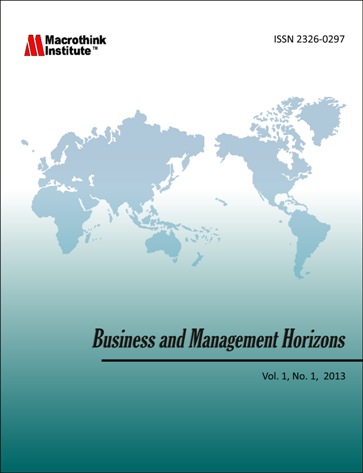Analysis of Changes in the Implementation of Rebate in Malaysia Islamic Financing
DOI:
https://doi.org/10.5296/bmh.v11i2.21032Abstract
The practice of giving rebates in Islamic financing is a benchmarking for Islamic banking in long-term sales compared to conventional loans. The implementation of the rebate is based on the concept of da' wa taajjal, where the bank as the financier gives a discount to their customer from the full amount when the customer makes an early settlement. There are issues up to the court level regarding the status of rebates as well as claims from customers about the actual rates that are eligible to be earned. this study was conducted on the application of rebates in the initial settlement of housing financing in 2010 which started with discretion until the latest change by Bank Negara Malaysia in (BNM) in 2019 which is stipulates rebates in the agreement clause. So, this article will study and analyze the changes in the implementation of rebates in Islamic financing from discretionary, unilateral and bilateral rebates status. It is a qualitative study with a literature review approach. While the data collection process is through document analysis, the data are analyzed using descriptive and comparative approaches. The expected outcome of this research is to discuss the assessment of the extent to which the implementation of rebates with the changes that have taken place guarantees welfare on the part of the customer. This paper offers the results of analysis in helping Islamic Financial Institutions (IKIs) and Islamic banking in an effort to strengthen management related to the provision of Islamic housing financing rebates and further dignify Islamic banking management to boost the image of Islamic finance and the teachings of Islam. As well as recommending the best Rebate application for Bank Negara Malaysia to produce a current Policy Document.

